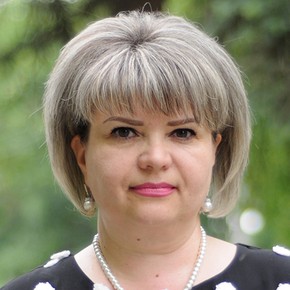Biography
On May 20, 2020, the life of Svetlana Gushchina and her family changed dramatically. She learned that criminal proceedings had been instituted against her and her husband Kirill for believing in Jehovah God.
Svetlana was born in January 1971 in the city of Prokhladny, Kabardino-Balkarian Republic (KBR). Her mother is an accountant by profession, and her father is a participant in the liquidation of the accident at the Chernobyl nuclear power plant. Svetlana has a younger brother.
As a child, she was engaged in dancing, aerobics, collecting stamps. After school, she received the profession of "cooking technician". She worked in a dining room. In the 2000s, she changed her profession, becoming an insurance agent.
During her life, Svetlana changed her place of residence several times. As a child, she moved with her parents to the village of Maysky (KBR). Later, she also lived in the Urals, Transbaikalia, Belgorod, after which she returned to Maysky.
At the age of 31, Svetlana firmly decided to become a Christian after deeply studying the Bible and making sure that God fulfills all his promises and answers prayers.
Svetlana has a daughter. In 2004, Svetlana married Kirill. The couple together with their daughter and her husband love to relax in nature.
The search and criminal prosecution had a negative impact on Svetlana's health. "After the search," she says, "I experienced a strong nervous shock." Parents, other relatives and neighbors consider the criminal prosecution of peaceful people for their faith in God unfair.
